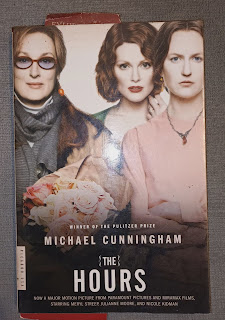Jessica Zafra’s The Age of Umbrage is exploring a time when everything is taken as an offense when you didn’t know any better, because, even if you believed you were smart, in reality, you were naïve, but you cared so much that you felt every arrow poisoned and aimed in your direction, even if those arrows existed only in your mind.
Offense is easily taken by the young, and this could be
against one’s clique or isolation, status or upbringing, physicality or
nerdiness, religion or lack of it. The young are often offended by old people
telling them how they know nothing at all. There is that admonition to remain
where they are, to not venture into paths they aren’t familiar with because
that path could lead to disaster as their elders would attest it would. And who
else but the most immediate family members could scare the young people away
from pursuing their interests, or inclinations, or creative imaginations?
When the very young exhibit maturity, the very old are
threatened. The young have no business knowing-it-all. Only the old have the
right to be wise.
But it is not just the old, who offends, but also those who
think they will be forever young, who believe that age should always be lived 'at
the moment’ no matter how. They go by every trend within the circumference of
expectations. They feel untouchable and are determined to show everybody how
crossing them could lead to an incognito status. By their judgment is how ‘different’
is defined – to what extent can one be ‘different.’ They are fierce, authoritarian
bullies.
A young person is also offended, even if she barely knows
how to articulate the offense, by the corruption at home, school, and the community.
She will try to cope as much as she can, via the gadgets and paraphernalia of her
age, but there is no escaping the consequences of corruption, seeping into the
stealthiest of homes, and eventually crushing dreams.
And then, there is that offense which the young do not expect
at their age – death.
In Jessica Zafra’s Novel How ‘Offensive’ are the Events
and Issues?
Umbrage – a word meaning “to feel offended, insulted or
upset by”. How ‘offensive’ events and issues are, seem understated in Jessica
Zafra’s novel. Satire dominates sentiment in the tone of this novel while a
backdrop of the most unsettling political events of the 90s appends an inner turmoil.
Guadalupe takes umbrage at everything the young are naturally confused about. Although
she acts impermeable, encased in some uppity-class bubble, she is very much
aware of her otherness. Her mom Asuncion had her when she was thirty-two, but Guadalupe’s
coming-of-age seems to have begun since she was barely three, when she fluently
started asking the most basic of questions: What is your name?
Guadalupe is named after one of the Virgin’s apparitions. The
novel situates her being ‘in between.’ Home in Ms. Zafra’s narrative is an
abstract location, desired and dreamed of, never owned or claimed. This is an
unforgivable offense beyond Guadalupe’s control.




No comments:
Post a Comment